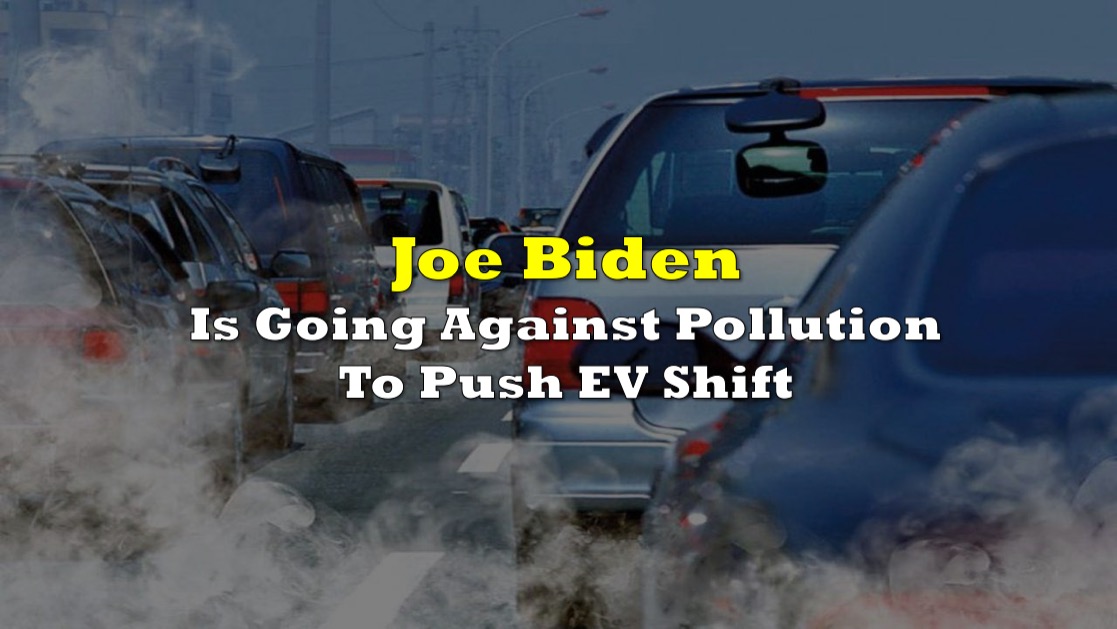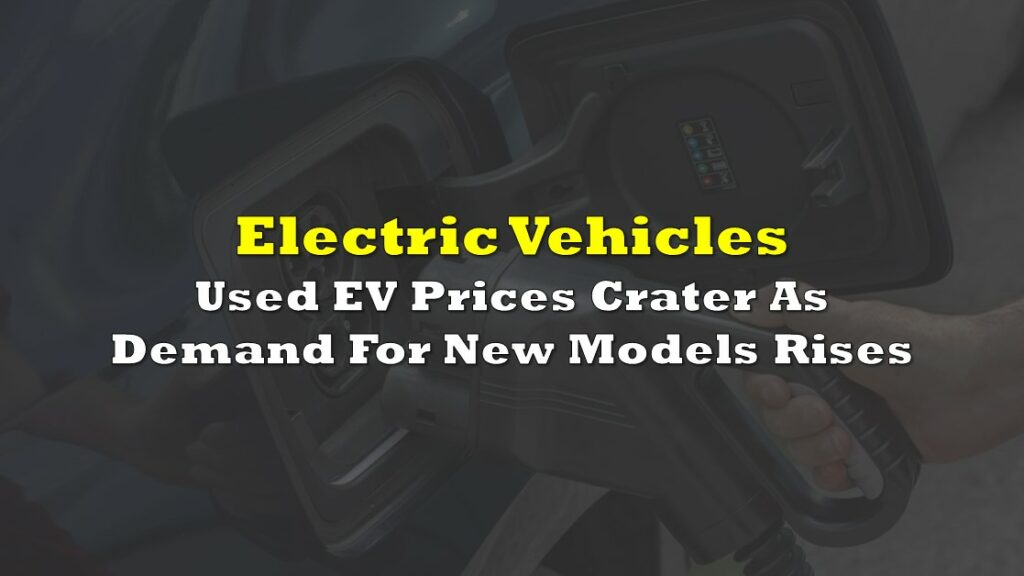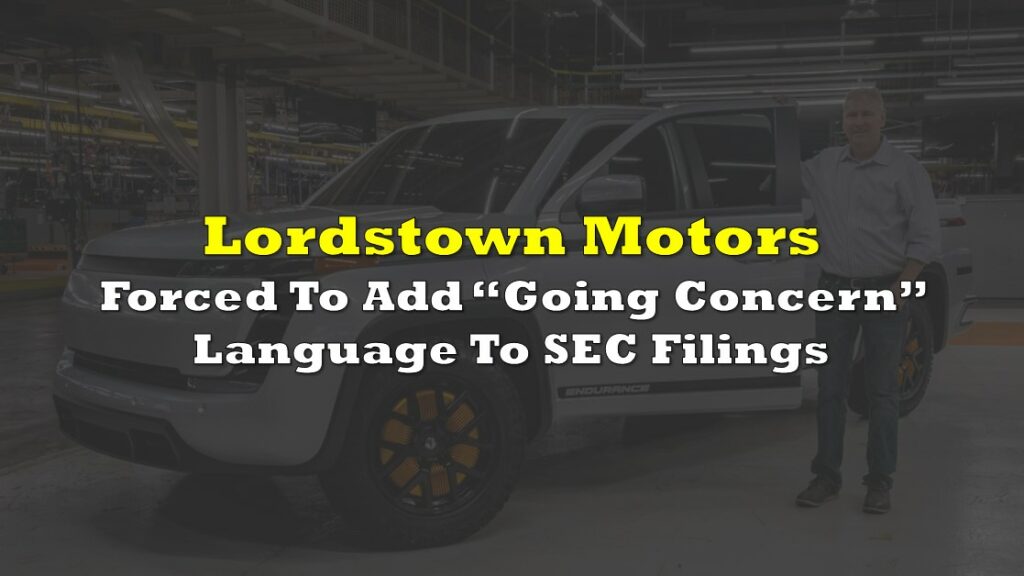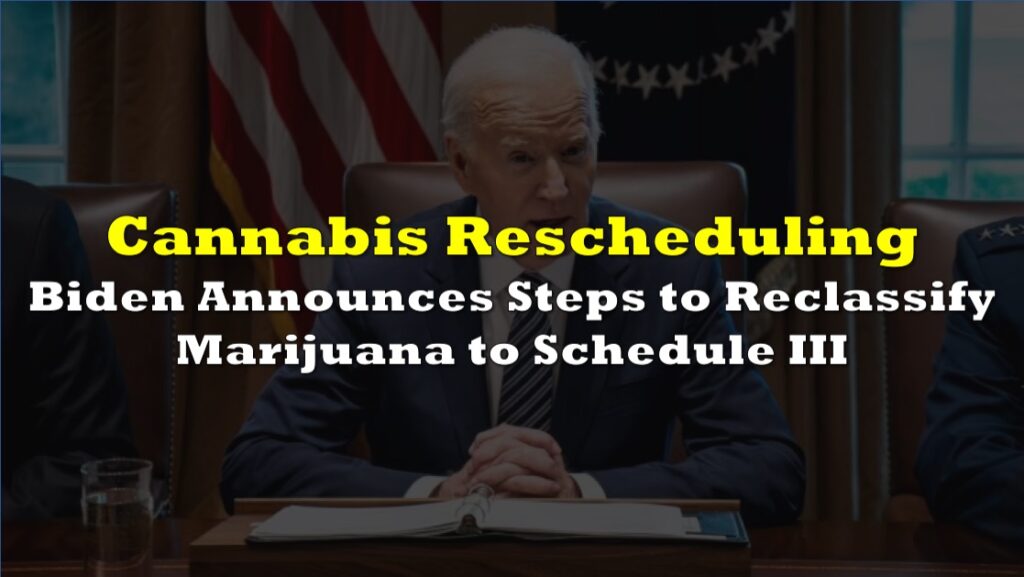The Biden administration is on track to propose the strictest car pollution regulations ever proposed in the United States in an effort to force automakers toward a significant rise in electric vehicle sales. The US Environmental Protection Agency (EPA) is expected to propose new guidelines to reduce automobile emissions pollution as early as next week.
While exact guideline details aren’t yet disclosed, environmental groups and several automakers believe the proposal will result in at least 50% of the US vehicle fleet being electric or plug-in hybrid by 2030, which is in line with a goal set by President Joe Biden in 2021.
The proposed standards are scheduled to apply to model years 2027 through 2032.
The initiative is part of a multifaceted Biden administration strategy to reduce greenhouse-gas emissions from transportation and power, leveraging hundreds of billions of dollars in clean energy subsidies under the Inflation Reduction Act.
The EPA also plans to propose new standards for greenhouse gas emissions from heavy-duty trucks, and power plants as soon as later this month.
EPA is proposing to strengthen air toxic pollution standards for chemical plants – an action that would dramatically reduce the number of people with elevated cancer risk. pic.twitter.com/3T7DsLFkuO
— U.S. EPA (@EPA) April 6, 2023
Previously, the EPA established new light-duty tailpipe emissions standards for the 2026 model year, reversing then-President Donald Trump’s repeal of car pollution reductions.
Another possibility is that the EPA’s proposed criteria will mirror California’s efforts, as the state plans to phase out new gasoline-powered vehicles by 2035.
California Air Resources Board Executive Officer Steven Cliff told Reuters in December the federal government should “look at stringency that’s equivalent to our rules … We’re 68% zero emissions in 2030 so modeling that and looking at that as an option for 2030 is absolutely critical.”
However, California has yet to file an official request to the Biden administration for approval of its plan to phase out gasoline-only versions.
While automakers support the industry’s transition to EVs, they are concerned that the government will demand them to spend considerable amounts of money to increase the efficiency of internal combustion vehicles, which will be phased out over the next decade.
“Every dollar invested in internal combustion technology is a dollar not spent on zero carbon technology,” the Alliance for Automotive Innovation said.
Leading US automakers have lobbied for requirements extending just a few years, while EV producers like Tesla Inc. argue that the administration should use new federal-government investments in charging and battery development to press for even harsher limitations on automobile emissions.
The move comes after the US Treasury proposed new guidelines for the $7,500 EV tax credit, also stemming from the Inflation Reduction Act. In a nutshell, the new rules provide that for a vehicle to be eligible for the credit, they must meet sourcing requirements for both the vehicle’s critical minerals and battery components, as well as final assembly location parameters. For vehicles that only meet one of the two conditions, half of the credit–or $3,750–is available.
Information for this story was found via Reuters, Bloomberg, and the sources mentioned. The author has no securities or affiliations related to the organizations discussed. Not a recommendation to buy or sell. Always do additional research and consult a professional before purchasing a security. The author holds no licenses.









